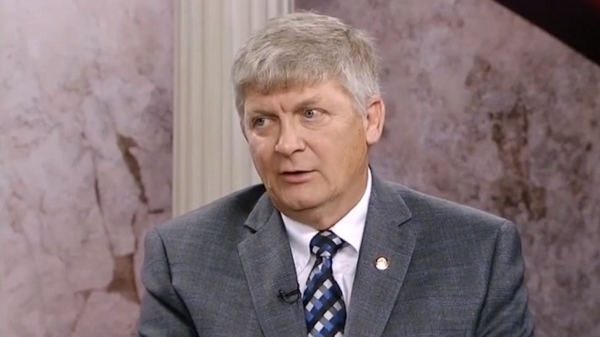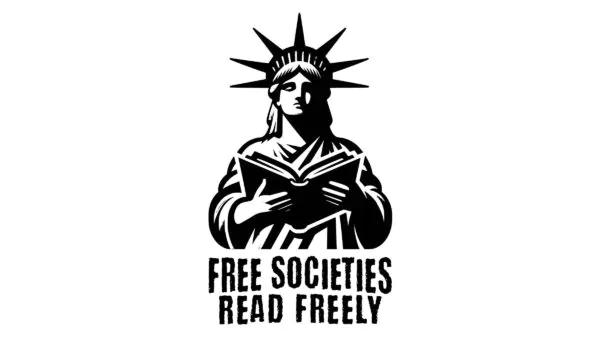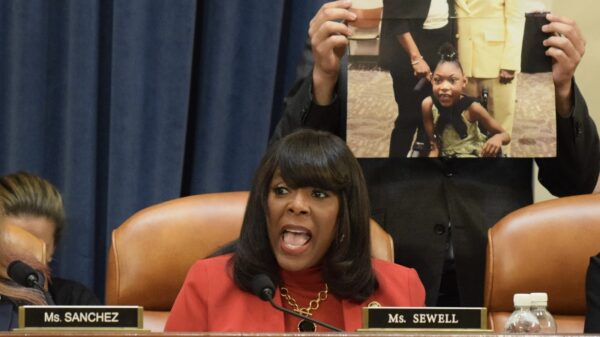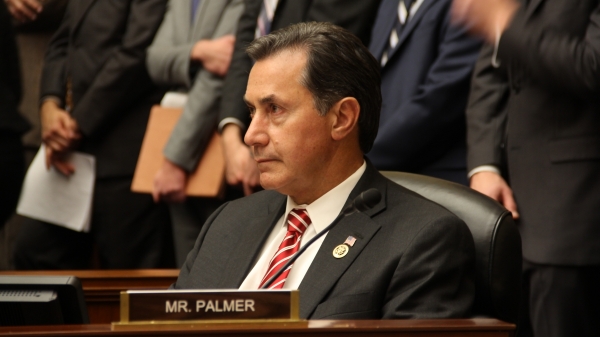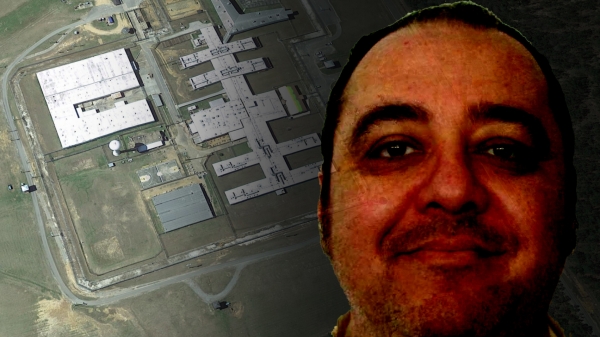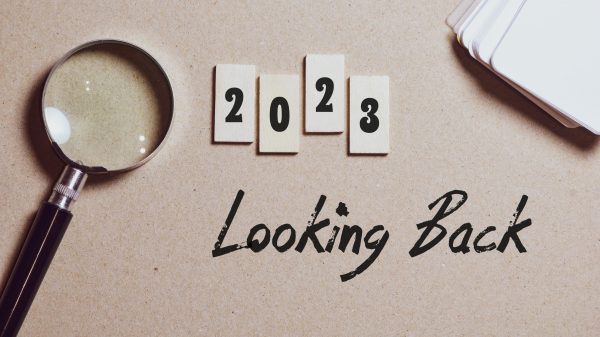By Bill Britt
Alabama Political Reporter
As is often the case, one country’s terrorist is another’s freedom fighter; and likewise, one person’s anonymous source is a patriot and someone else’s traitor.
Like much in politics, traitor versus patriot largely depends on who’s blowing the whistle and who’s caught up in the malaise. The press who reported weekly on the so-called scandal against Gov. Don Siegelman’s administration were heroes, and their confidential informants were simply whistleblowers doing their duty, according to state Republicans. But when APR spent four years chronicling the wrongdoings of then Speaker Mike Hubbard, we were liars and worse, and our sources, well, they were false and dishonest. Of course, during the Siegelman era, the same was said by the Democrats.
It is a shame that partisan loyalty allows for so much mischief waved aside, as if being faithful to the team is more important than doing what is right. Perhaps being faithful to the law, moral conscience and decency are better qualities than blind allegiance to a party.
Recently, ALGOP Chair Terry Lathan said, “Any party member that anonymously shares inside organizational bumps or espouses their opinion with a lack of information to the press should be ashamed of themselves.” Here, perhaps channeling the party’s standard-bearer, she adds, “Hiding behind anonymity is cowardly.”
Lathan’s comments in context are not altogether misguided, as a party official should speak boldly about internal disputes. They also should talk to the press when their concerns are not taken seriously by leadership.
U.S. law holds that whistleblowers should come forward when they see wrongdoing, even if it is done anonymously. The first ever whistleblower protection law was enacted on July 30, 1778. Records from the Continental Congress show that the original resolution stated, “Resolved that it is the duty of all persons in the service of the United States … to give the earliest information to Congress or any other proper authority of any misconduct, frauds or misdemeanors committed by any persons in the services of these states, which may come to their knowledge.”
On the 236th anniversary of the first whistleblower law, a unanimous, bi-partisan resolution passed designating July 30 as National Whistleblower Appreciation Day.
The measure was sponsored by Sen. Chuck Grassley, R-Iowa, and Ron Wyden, D-Ore. Grassley noted on the occasion, “Whistleblowers are pivotal pieces of the oversight puzzle. Their work ensures that our system of checks and balances operates effectively.” Wyden added, “Individuals with the courage to blow the whistle in the face of government wrongdoing, waste or abuse are an integral part of our democracy. Too often, whistleblowers risk retaliation and scorn for drawing attention to misdeeds, so it is only right for the Senate to recognize their vital contributions.”
When reporting on government abuse, waste or fraud, anonymous sources are vital and often are the only way to get to the root of corruption. “Anonymous sources,” is a misnomer because the individual, or individuals, are known to the journalist and are generally someone who is a trusted government figure. They remain anonymous to the public so they can perform the critical task of helping a reporter find facts. Most often, their tips allow a reporter to find corroborating documents to expose the truth.
In a state like Alabama, where the open records act is rarely adheres to, and any tinpot agency lawyer can claim bogus privilege background sources are the only guides to facts concerning fraud, waste and incompetence. Informants who aid the press are placing their jobs, and in some cases even their lives, in danger. Their confidentiality is utmost to them and a trust that a good journalist will never betray.
According to the Society of Professional Journalist Ethics Committee Position Papers, “Few ethical issues in journalism are more entangled with the law than the use of anonymous sources. Keep your promise not to identify a source of information, and it’s possible to find yourself facing a grand jury, a judge, and a jail cell. On the other hand, break your promise of confidentiality to that source, and it’s just possible you might find yourself on the receiving end of a lawsuit.” In addition any reporter who exposes a anonymous sources under any circumstance is ruined.
President Trump thinks leakers should be jailed, but so far, unlike the Obama administration, he has not acted on those words. In 2013, it came to light that the Obama administration’s justice department, under U.S. Attorney Eric Holder, had named Fox News reporter, James Rosen, a “criminal co-conspirator” under the Espionage Act of 1917 to gain access to his emails and phone records. The Washington Post, in 2013, reported that the Justice Department had monitored reporter Rosen’s State Department visits through phone traces, the timing of calls and his emails. The state alleged Rosen received leaks of classified information in 2009 about North Korea.
During Obama’s tenure as president, seven Americans working for the U.S. Government, or government contractors with security clearances, faced criminal charges under the Espionage Act of 1917 because of alleged leaks to members of the press or online outlets. The administration said it didn’t target journalists, but Rosen proves that’s not the whole truth.
Hubbard targeted us, so did Gov. Bentley and others. We have been mocked for using anonymous sources and recently called fake news.
The real fake news almost always comes from corrupt politicians, not a journalist. In our state, the press, in general, serves as stenographers due to corporate pressure to sell advertisements, which many times means not offending anyone with power.
More often, it is the state that is the enemy of the people through corruption and greed. The free press, as envisioned by the founding generation, were the watchers who protected the people from government misdeeds and overreach. So, the next time someone uses the term “fake news” because a journalist uses an anonymous source, remind them what the Continental Congress declared 235 years ago. It is the duty of all persons to report misconduct, frauds or misdemeanors committed by any persons in the services of these states.
That means the press, too.

